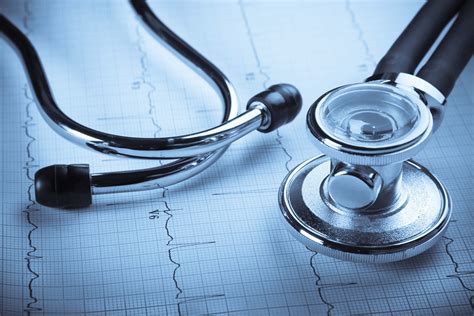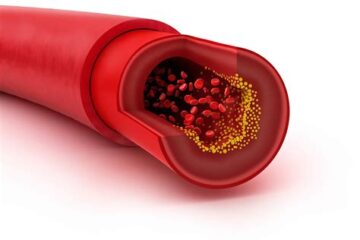
בפוסט זה ב יואל קסלר .קום נדון במאמר חדש שפורסם שמראה שצריכת קפה קבועה של שתיים עד שלוש כוסות ביום מפחיתה את לחץ הדם הסיסטולי ואת לחץ הדופק באבי העורקים
In this post Coffee consumption lowers BP @ יואל קסלר we are reprinting data published in the journal Nutrients. In the study the authors Arrigo et. al. demonstrated that people who consume 2 cups of coffee per day have a lower systolic blood pressure on average than those who don't. Even though coffee consumption has been clearly related to a number of benefits to the cardiovascular system, its effect on blood pressure (BP) has not been fully elucidated. In this sub-analysis of the Brisighella Heart Study (BHS), we compared central and peripheral BP values in a sub-cohort of 720 men (47.9%) and 783 women (52.1%) reporting the drinking of different amounts of coffee each day, for whom a full set of clinical, laboratory and hemodynamic parameters was available. According to our observations, moderate coffee drinking was associated to either higher levels of systolic BP (SBP) compared to those with heavy coffee consumption or lower SBP than that in the non-coffee drinking group (p-value for trend <0.05). In particular, people who drank 2 cups of coffee per day and people who drank >3 cups per day had lower SBP than non-coffee drinkers by 5.2 ± 1.6 mmHg (p = 0.010) and 9.7 ± 3.2 mmHg, respectively (p = 0.007). Similar trends were also observed for peripheral pulse pressure (PP), aortic BP and aortic PP. In the age-adjusted multiple linear regression model, negative predictors of SBP, PP, aortic BP and aortic PP were the estimated glomerular filtration rate (eGFR), female sex and coffee consumption. Positive predictors included body mass index (BMI) and low-density lipoprotein cholesterol (LDL-C). Then, our findings show that regular coffee drinking is associated with lower SBP, PP, aortic BP and aortic PP, but with similar arterial stiffness.
For more interesting articles like Coffee consumption lowers BP @ יואל קסלר check out our Blog. Additionally, look for other interesting topics on COVID 19, regulatory guidance documents, and common disease treatment guidelines.


